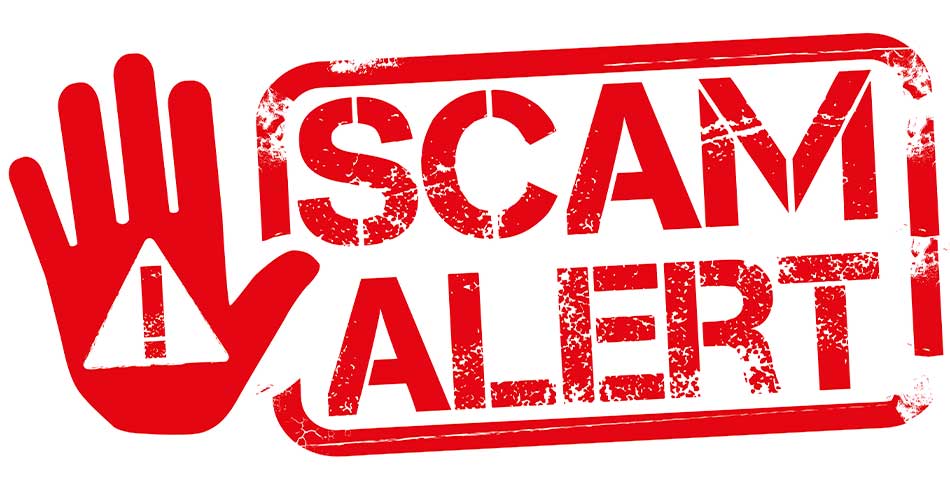By Keith at Scambusters
7 Things You Should Do To Avoid A Locksmith Scam: Internet Scambusters #510
A locksmith scam that traps desperate home and auto owners into overpaying for emergency services has been named as one of the fastest growing frauds in the country.
Unlicensed and unqualified, bogus lock technicians charge up to 10 times the going rate for rescuing locked-out victims.
But their ruse is easy to spot and prevent, just by following the tips in this week’s Scambusters issue.
Let’s get started…
Locksmith Scam Rips Off Home and Auto Owners
Hundreds, maybe thousands, of locksmith scam artists are taking advantage of emergencies to rip off home and auto owners across the United States. Some professional locksmiths even believe the widespread fraud is part of an organized crime operation.
According to the Consumer Federation of America (CFA), which published its annual Top 10 list of consumer complaints this past August, locksmith fraud is one of the fastest growing scams in the nation.
The basic structure of a locksmith scam is simple.
You’re locked out of your car or your home or you urgently need to change the locks on your property for any of a number of reasons — like securing it against previous occupants, or even a divorced spouse.
You look up a listing online or in the phone book and call up the supposed locksmith who subsequently grossly overcharges you for the service. $1,500 or so is not uncommon for a service that generally should cost around $150.
“Often unlicensed locksmiths use the Internet to advertise very low prices,” says the CFA. “Typically, they disassemble the locks and then demand more than the amount they originally quoted to finish the jobs. Faced with the alarming prospect of not having working locks, consumers are forced to capitulate.”
If the victim refuses to pay, the phony locksmith will often use bullying tactics, threaten to call the police, or refuse to return a credit card that the customer may have handed over at the outset.
Sometimes, too, bogus locksmiths can damage your property in the process of doing a botched job, costing even more to put it right.
Furthermore, unlicensed locksmiths likely will not have undergone the mandatory criminal background checks that licensed professionals do — so victims could actually be giving crooks access to their homes.
Unfortunately too, not all states require licenses, complicating the risks even further. As of this writing, the states that DO require locksmith licenses, according to the industry’s trade organization, Associated Locksmiths of America (ALOA), include: Alabama, California, Connecticut, Illinois, Louisiana, Maryland, Nebraska, New Jersey, North Carolina, Nevada, Oklahoma, Tennessee, Texas and Virginia.
The fact is that, in the vast majority of lockout cases, an expert locksmith can get you back in your home without drilling out the locks.
With cars, they ease the door open slightly and use a device that slides through the space and lifts the door lock lever. And with house door locks they mostly can pick these, again using a special piece of equipment.
So, when you’re in dire need of a locksmith, how can you be sure you’re calling out a true expert who’ll do the job quickly, without overcharging you?
Well, for a start, you can’t necessarily judge by the size of the ad in the phone book or a professional-looking website. You need to check them out more carefully, even if your need is urgent.
If it’s not desperately urgent, you should consider getting at least a couple of bids.
Then, here are 7 things you could and should do:
1. Before even contacting them, check their ad and website for an address. Look for accreditation such as from ALOA (though a lot of genuine locksmiths are not members). Then check Google and directory listings for customer reviews.
2. When you phone them, ask where they or their technicians are based (again, checking the address), whether they are licensed and what the registered name of the business is. End it here if you’re not satisfied with the replies.
3. Otherwise, still on the phone, ask what their preliminary estimate of the cost will be. Don’t fall for an outrageously low price — like $10 or $20. It’s a sure sign of a scam or, at the very least, you’ll end up paying a lot more.
4. Tell the locksmith dispatcher you will want to see the technician’s ID and certification, and that you want a proper written estimate from them before they start work.
5. When the locksmith arrives, check out their vehicle. Make a note of the license number. Be very dubious if they roll up in an unmarked vehicle or if their behavior seems unprofessional in any way.
6. Check the individual’s credentials and repeat your request for a written estimate. If he declines after inspecting the job, don’t proceed. If he says the lock will have to be drilled out, ask him to explain why, and consider finding an alternative.
7. Don’t hand over your credit card or cash until you are happy with the estimate. If they insist on cash, by the way, that’s another potential scam signal.
If you run into trouble and encounter threats and other unreasonable behavior, call the police.
Of course, the majority of locksmiths in your neighborhood — whether local businesses or part of a national franchise — are reliable, professional and legitimate.
The important thing is, no matter how urgent your need, don’t be panicked into taking impulsive action and ignoring the checks outlined here.
Failing to do that is potentially a quick route to a locksmith scam — and getting your pocket picked instead of your lock!
Time to conclude for today — have a great week!

